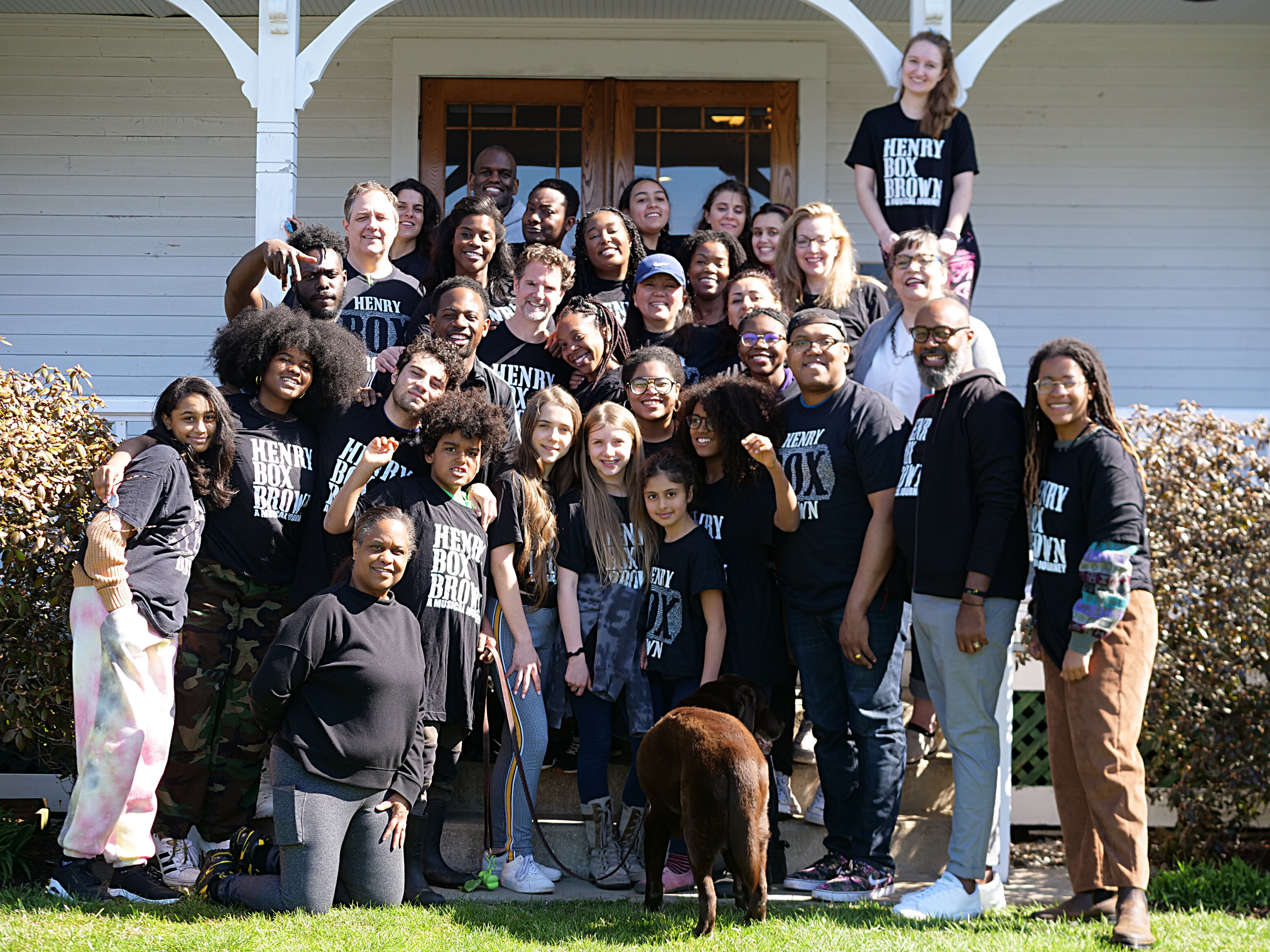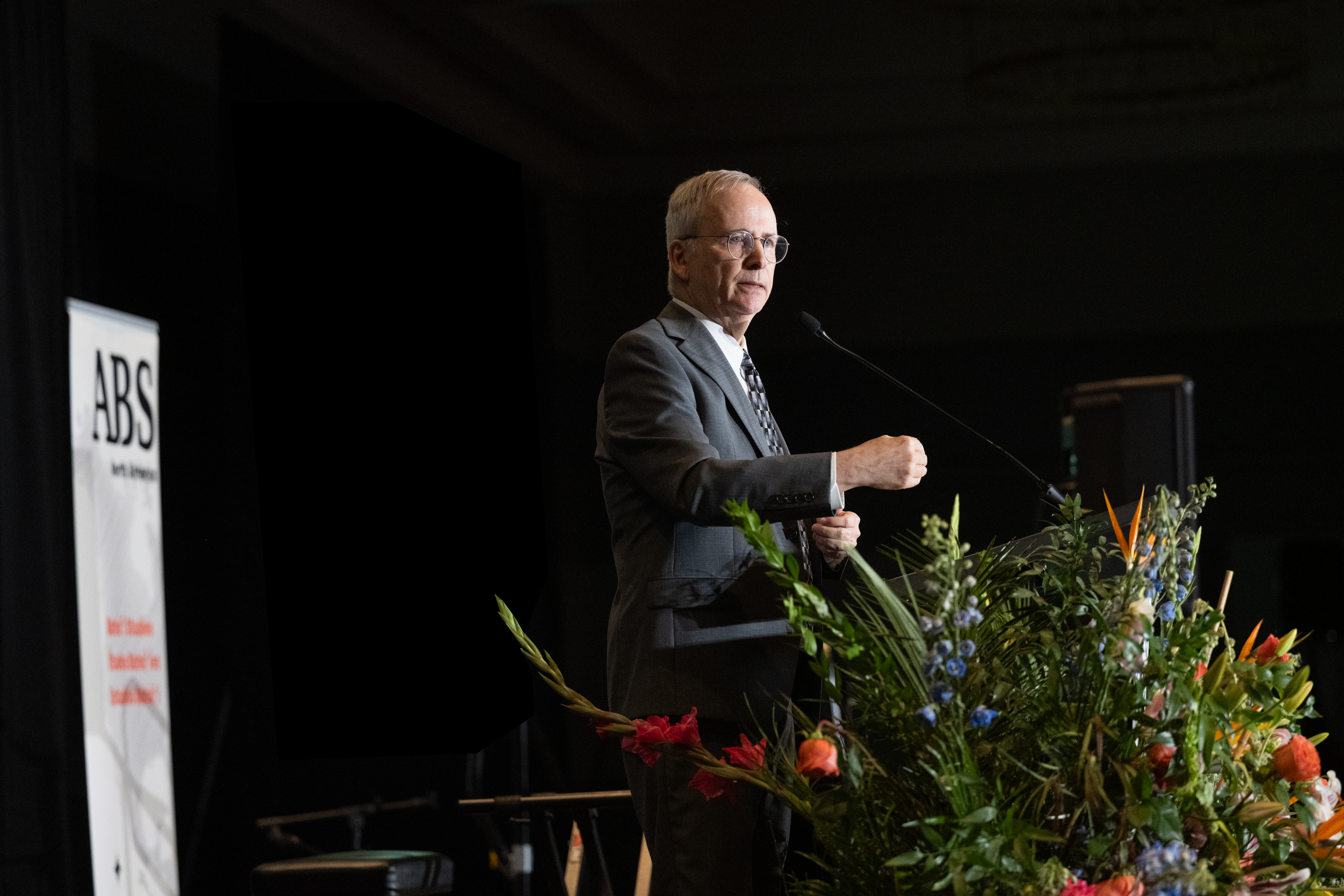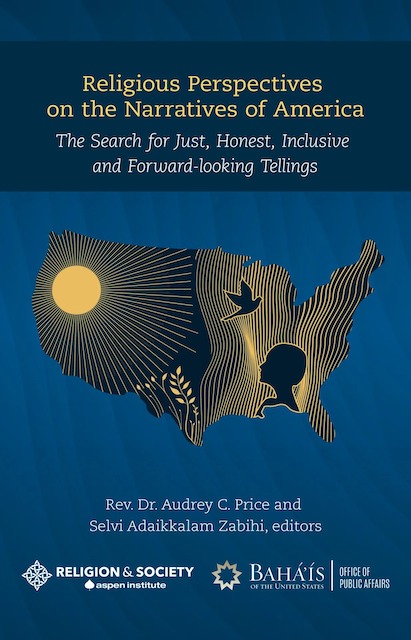
Baha’i community in Augusta celebrates 85th anniversary
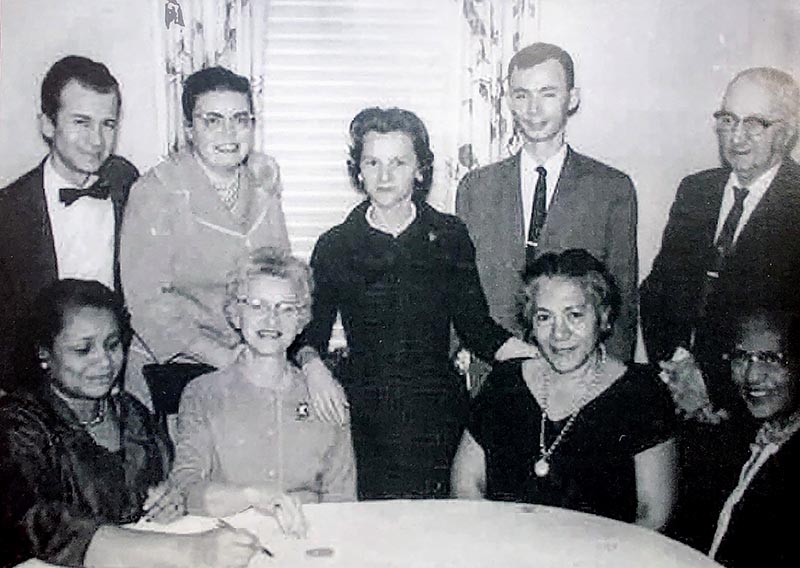
As 2020 drew to a close, the Baha’is of Augusta, Georgia, observed a milestone. On Dec. 13, the community hosted an online celebration “Walking a Path of Race Amity 1935–2020,” to mark the 85th anniversary of the establishment of their local Baha’i governing council, the Local Spiritual Assembly of the Baha’is of Augusta.
For even longer — more than 100 years — Baha’is in this deeply Southern city have been working to break through ingrained social conventions to build unity between the races.
“The one thing about Augusta is that we’ve got this great history,” says Jacquie Jones, “and as the secretary of the Spiritual Assembly I have all the archives and files right here.”
Jones moved to the area about eight years ago to assist the Baha’i community with promoting racial unity, outreach and interfaith work. “The more I learned about the history of Augusta the more I thank God I was able to move here.”
Jones says the focus of the anniversary celebration was “really about the work of promoting the oneness of mankind that’s been going on in this community since the 1930s.”
“The written history goes back to that time when Baha’is were building bridges of communication and understanding when there were about 37 lynchings in the country,” she says. “It’s kind of mind-boggling.”
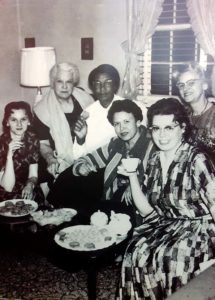
“Mixed gatherings were unheard of,” says Gwen Clayborne of her childhood in 1950s Augusta, “with the exception of the Baha’i community.” Clayborne’s mother, Ruby Bentley, was one of the first African-American Baha’is in the area.
“Every week a white Baha’i would come to our home and have children’s classes and all the children in the neighborhood were Black,” Clayborne says. “These classes started more than 65 years ago.”
Clayborne lived in Augusta until age 15 and returned after retirement a decade ago. She helped to organize the anniversary. She says the celebration began with prayers for the unity of all of Augusta.
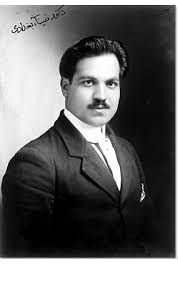
It featured some presentations on the historical background of the Baha’i Faith there, including the story of Zia Bagdadi. He had met Baha’u’llah, the Founder of the Baha’i Faith, during childhood visits to Palestine in the 1890s.
Bagdadi moved to the United States to study medicine in 1909. When ‘Abdu’l-Baha, son of Baha’u’llah, visited America in 1912, Bagdadi accompanied Him on many of His travels.
“As a child I fell in love with Dr. Bagdadi,” says Clayborne, “because the story about him was that his obedience to ‘Abdu’l-Baha was instant, exact and complete. ‘Instant, exact and complete.’ I never forgot that quote.”
Bagdadi lived in Chicago for several years and assisted those injured in the race riots of 1919. He later traveled through the South giving talks about Baha’u’llah’s teachings of unity and service to humanity. In the late 1930s, toward the end of his life, Bagdadi settled in Augusta, where his legacy lives on (here is an article that children and families will enjoy).
“Bagdadi held Baha’i gatherings, called firesides, in the home of one African American and they got to be so popular that they spilled onto her front porch,” Clayborne relates. “Then it got even more popular and spilled out into the yard, before the authorities shut it down because it was a mixed group.”

Mixed Baha’i groups continued to go against the norms in Augusta into the 1960s. In a video titled “Committing to Race Unity,” shown as part of the anniversary program, Baha’i and Augusta native Ken Bowers tells of a time his family’s integrated gatherings aroused the ire of their shotgun-toting neighbors.
“My mother’s family insisted very much on upholding the Baha’i principle that we would not only believe in the oneness of humanity and in freedom from prejudice, but we would practice it,” Bowers says.
Clayborne says the online celebration was attended by more than 35 people. The planned program lasted about an hour and 15 minutes, and then people on the Zoom call were invited to just “visit and chat,” says Clayborne. “We ended up being together for more than two hours.”
She says she took the fact that people lingered as a sign of success. “Not everything went as we had planned,” she says, “but I guess everything went the way Baha’u’llah intended it to be, and I’m glad.”
“It was wonderful,” Clayborne says, “and the highlight was the presentation by Dr. Mallory Millender.”
Millender is professor emeritus of Media Studies at Paine College in Augusta. He shared some history and anecdotes of his association over the years with members of the Augusta Baha’i community. He fondly remembered Yvonne Harrop, a Baha’i who devoted her life to promoting racial unity, and who was herself involved in an interracial marriage. She was white, her husband was African American.
Clayborne says people especially loved the storytelling and music. The celebration featured the music of opera singer Jessye Norman, who was born in Augusta and was friends with a number of local Baha’is. When Norman was young, she sang with Nell Golden, who at 93 is both the oldest and the longest-serving volunteer at the Baha’i World Center in Haifa, Israel. After 55 years away, Golden says she still considers Augusta home.
Formal celebrations are a regular part of the activities of the Baha’is in Augusta. For the past several years they have hosted a hotel banquet dinner at which they recognize and present a humanitarian award to someone who is not a member of the Baha’i Faith for their service to the wider community.
‘Abdu’l-Baha wrote many letters for the guidance of individual Baha’is or communities. Baha’is refer to these letters as Tablets. This one was written to a Baha’i from Washington, DC, after he had visited Augusta.
TABLET FOR AUGUSTA, GEORGIA
Thy detailed letter was received. It was the incarnation of pure joy for it contained the particulars of thy trip to Augusta, Georgia. It explained the delivery of an eloquent talk by thee; that thou hast summoned the people to the Kingdom of God and hast spread the Divine Teachings. Consider how every soul who has arisen to serve the word of God will be confirmed with the heavenly Cohorts. Therefore, be thou happy, because thou art assisted with such service? Ere long in that city a great multitude shall enter in the Kingdom of God, the Flag of the oneness of the world of humanity will cast its shade over that state and the Song of the Supreme Concourse will be raised from its glens and dales. The fountain of the Water of Life will gush forth and the birds of the rose-garden of God will break into the rapturous songs of the glorification of the Kingdom of Holiness in the most wonderful melody. This trace will become eternal and will be continued throughout the future ages and cycle.
–‘Abdu’l-Baha
to Mr. Joseph H. Hannen
April 18, 1914


